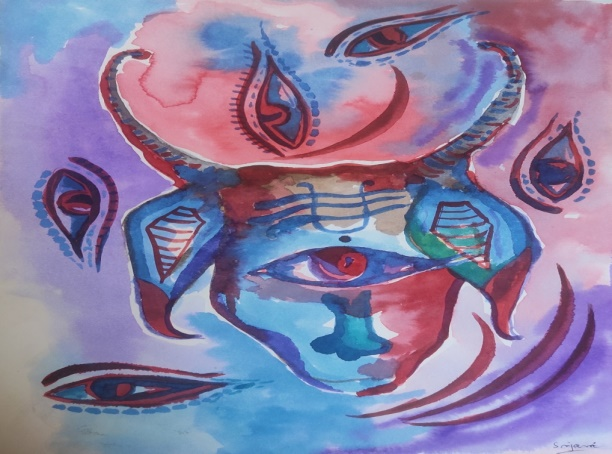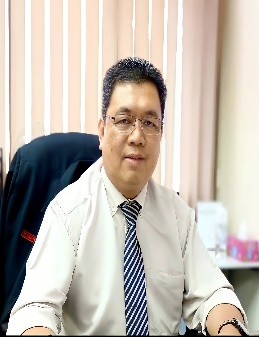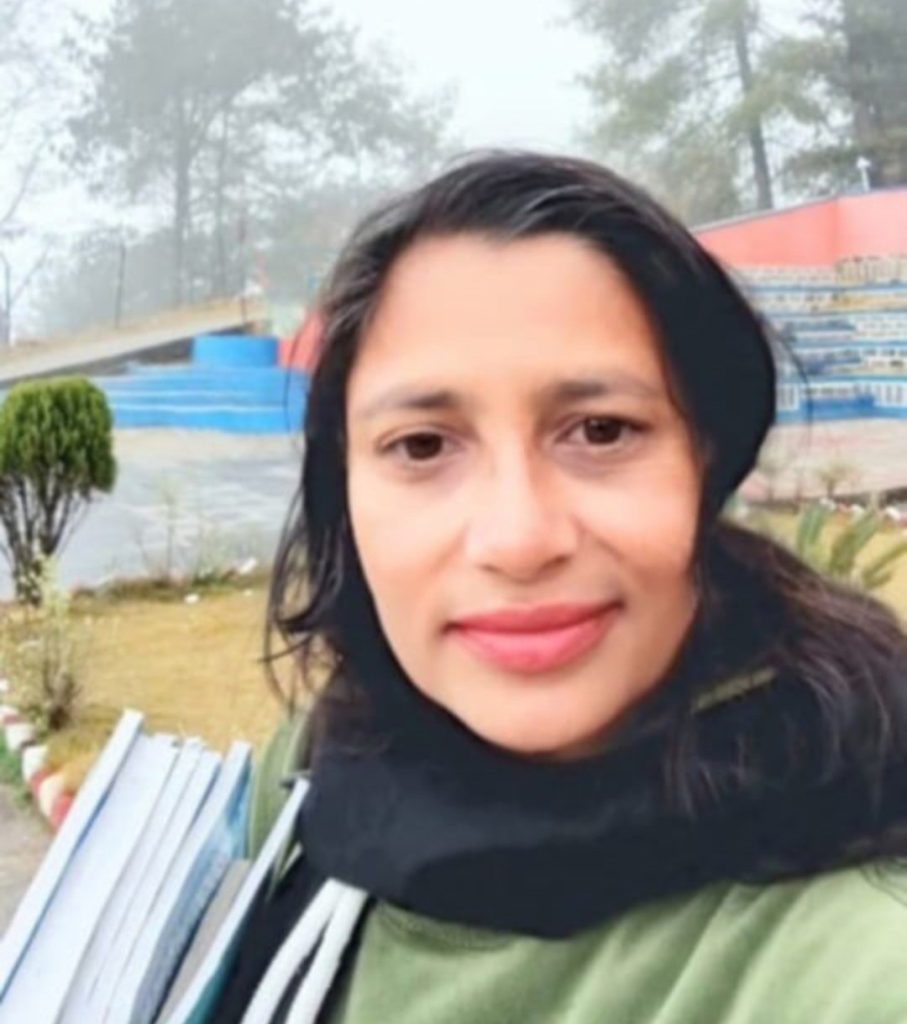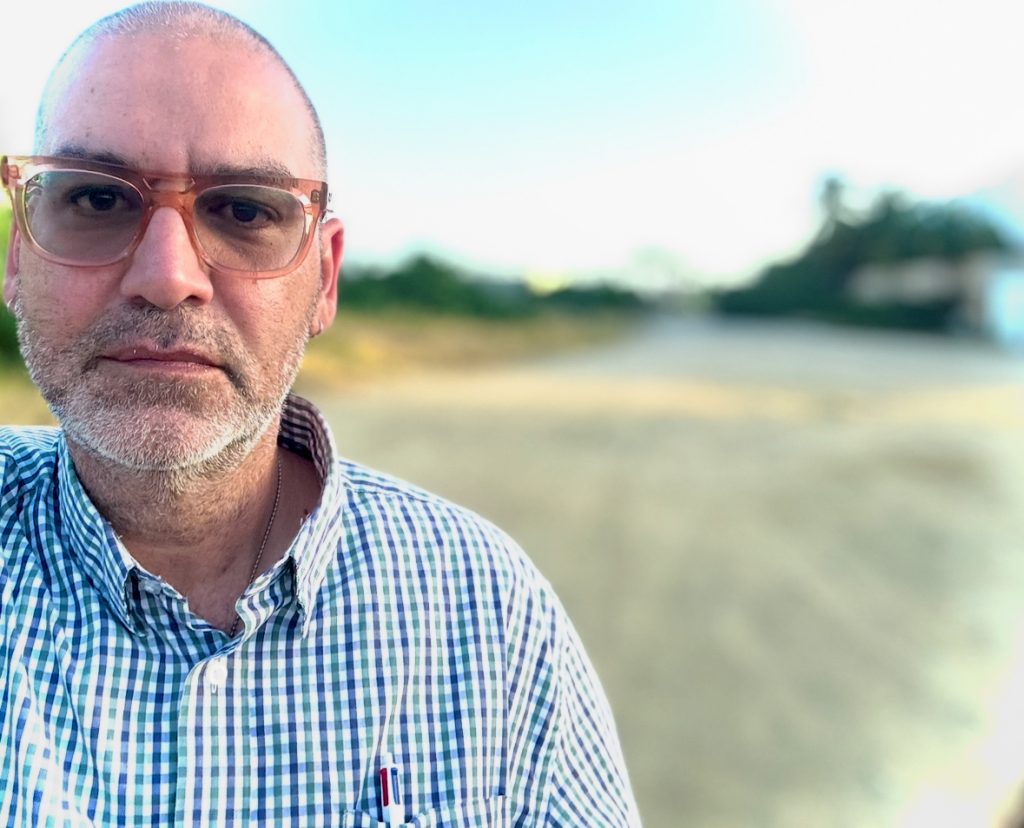Ecstasy
“The reality of being human is to hope against hope. The believing that there is a meaning to life when we have every reason to believe that we are made of dirt and buried as ash, believing that things will turn out okay when we live in a world with no guarantees and a thousand unhappy endings, believing in humanity even after you’ve watched your kind start wars and commit murders, believing in kindness even after you’ve seen evil.”
- There is something violently beautiful about pain, and the birth of the stars is no exception. Choking on ash, collapsing and burning, something so tragic can become beautiful, just in a matter of seconds. And then they die, and it all is forgotten.
- This, of course, is far besides the point, but it lives in my mind most days. I, too, am a container for horror, and making it look effortless. I, too, know how to be born in an awful world, and not scream.
- I have become a slave to ecstacy, not the drug, but the belief that everything will be okay. A cruel hope, if you will. I suppose I have a tendency to turn everything in my life tragic or manic, but eighteen years a slave will do that to a person. It is cruel, I think, to an extent, to be born so dependent on happiness. It is cruel that we are able to manufacture it, if we just close our eyes.
- And so, we let it continue.
- Here are the rules of living in a suburbia: don’t open your eyes, don’t shake your head, and whatever you do, don’t think. Of course, nothing bad will happen if you do think, but hope is a dangerous thing to have, and an even more dangerous thing to lose. And besides, the act of pretending is better if you don’t think: less painful.
- I have heard when stars are born, a whole universe collapses, a universe made of ash and clouds of dust. I reach out to touch it, the fear, the ache, but I cannot reach it. I cannot feel it. I cannot feel anything at all.
- My mother used to tell me that there is a place, a place between life and death, where all you see is a blinding light, so fierce it overwhelms you. I chose not to tell her I’d felt this way for years.
- Evil doesn’t die, it is reborn and reborn like a star.
- I used to think that murder was savage. I thought that when you were dragged off, you would leave trails of rose petals like blood behind you, crimson staining the cream-fleshed snow. But that is not what murder is like, not at all. You are unpeeled, slowly, like the leaves of a hibiscus flower, and left to take your last shallow breaths, your heart beating within your ribs, your life forgotten already.
- You are like a lamb, made for the slaughter.
- But of course, all beautiful things are wicked, dead or alive.
Girl: As a Ship in a Bottle
¨Please¨, I would repeat, over and over again, looking to the stars in the sky. ¨Let me be free.¨ After the shipwreck, nobody had any words for me other than I’m Sorry. The word was etched into the table I ate at, and sketched into the books I would read. I’m Sorry, I’m Sorry, I’m Sorry. I had no eyes, no ears, no mouth, I had taken them all off so I could no longer notice. The strangers had begun mailing them, sending the I’m Sorry’s small and neatly packed, and when all the boxes and drawers overflowed, I began to keep them in a jar.
At first the idea had seemed faultless. Stacking them up into neat diamond shapes, the well wishes became smaller and smaller, until I seldom felt them crawling up the murky depths of my throat. Seldom felt them like a sickness. It became like a twisted little game, or a song, shoving the pillow over my head, ignoring the chorus of words coming from my bedside cabinet. But still, I could walk, I could run, I could sing, and so I did- sing until the sky faded away, and my boyfriend was gone, and I was all alone, left- to shove a pillowcase over my head to drown out the noise.
The medium of my memories never ceased to recreate itself, taking the form of a little creature or a gaunt damsel tiptoeing across acres/fields. Death, in its ominous omniscience never shows it’s true form, as not to lose it’s mysery. No, rather it stomps and roars in it’s anger, and the I’m Sorry’s just kept coming. When the jar too was filled, I took out a bottle, and set it on the table, waiting. I pulled myself under the covers. It was too dark. And when the next letter came, I grabbed it, meaning to toss it into the sea.
I Love You, I’m Sorry.
Underneath the easel by the table, I glanced at the food on a nearby plate. It’s been tagged-, well wishes, Liz- and I was underneath the easel. Had they painted me on a cross, the me that they wanted to see? I was a legend.
I was a hoax.
I glanced down at the bottle, the one full of secrets and false promises. The one that had kept me within it. Victim, survivor, some sort of chivalrous martyr. And as I set it- to drift, not to sink- I whispered something.
¨Let me out of the bottle.¨
The Dream
“If you were loved in a dream, does it count? That love- does it count?”
- reference, The God of Small Things
What is love?
An addiction, perhaps? It’s an addicting feeling, and you just can’t be fully happy once you find out that it exists.
- To a person who isn’t loved, attention is the closest thing you will ever feel. You will save it, scrap it. You will treasure it. You will earn it. You will do anything for it.
- To a person who isn’t loved, violence is stronger than any kiss.
- I have this friend.
I built her out of memories.
I miss her some nights- she now lives in the sky.
- Does grief count as love? Perhaps hatred of what you never had is proof of something you could have had.
- Perhaps that’s why the abused search for abuse and murder.
- Sickness leads to pity, and pity can feel like love. Pity can lead to abuse. Abuse can also feel like love. So maybe I want to be sick.
- That’s the thing, right? Have you ever wanted something so badly your knees buckled, and your lips trembled, and you felt like you could die? Didn’t you feel alive? Wouldn’t you do anything to feel that want?
Does that sound crazy? Does it? You feel like a wolf feeding off scraps of what other people own.
Mentally ill, they call you. Not alone or desperately lonely. Not made of other people’s actions. Somehow you have become what they have done. Somehow it has become on you.
Well as long as it is your fault, you have to point this out: it wasn’t as if it wasn’t warranted. It wasn’t as if you hadn’t spent thousands of nights alone in your own mind, so who could blame you for becoming what you did?
And that’s the problem, right? When you’re alone in your head? So you start to make some friends.







